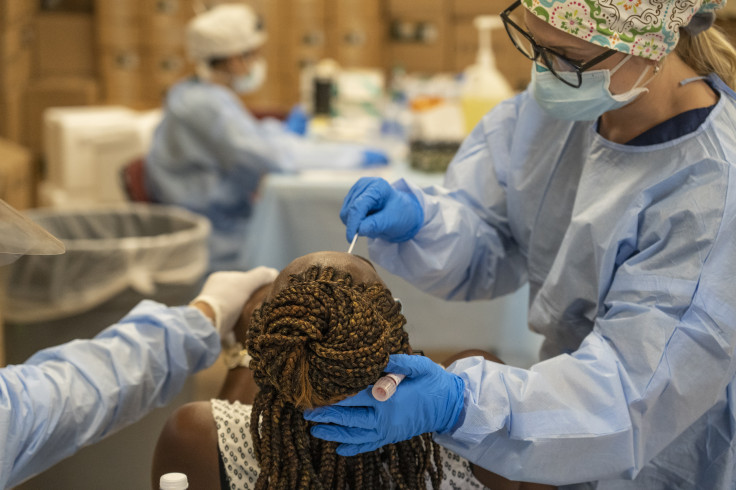
In a groundbreaking discovery, researchers at The University of Texas at Austin have identified an antibody capable of neutralizing all known variants of COVID-19, sparking hope for the development of a universal vaccine and more effective treatments.
The antibody, named SC27, was isolated from a single patient as part of a multi-institutional study led by UT Austin. The research team, which includes engineers, scientists, and medical experts, found that SC27 can neutralize not only COVID-19 variants but also several other coronaviruses found in animals. This discovery opens the door to developing treatments that could protect against future viral threats.
"SC27 could change how we fight COVID-19 variants"
"SC27 and other antibodies like it could offer broader protection against current and future COVID variants," said Jason Lavinder, a research assistant professor at UT Austin's Cockrell School of Engineering and one of the study's leaders, to UT News. The research, published in Cell Reports Medicine, highlights the potential for this antibody to revolutionize COVID-19 treatments.
Since the COVID-19 virus was first identified over four years ago, it has evolved into numerous variants, many of which have proven resistant to current vaccines. SC27 targets the virus's spike protein, preventing it from binding to and infecting cells. This ability could lead to treatments capable of adapting to the virus's rapid mutations.
Advanced technology and universal vaccine goals
The technology behind SC27's discovery, known as Ig-Seq, combines single-cell DNA sequencing with proteomics, allowing researchers to isolate and understand key antibodies. "The ability to identify and sequence antibodies like SC27 gives us a huge advantage in designing future therapies," Lavinder added.
The ultimate goal of this research, according to co-leader Will Voss, Ph.D., is to develop a universal vaccine. "One goal of this research, and vaccinology in general, is to work toward a universal vaccine that can generate antibodies and create an immune response with broad protection to a rapidly mutating virus," said Voss, a recent Ph.D. graduate in cell and molecular biology from UT's College of Natural Sciences to UT News.
Discovery comes amid COVID-19 surge
The discovery of SC27 comes as the nation experiences a summer uptick in COVID-19 cases, according to the Centers for Disease Control and Prevention. Texas is among the hardest-hit states, with the Texas Medical Association reporting a significant rise in cases detected through wastewater testing and COVID-19 test reporting.
"In the summer, people get hot. They go indoors where we know the virus transmits more efficiently," said Dr. Amesh Adalja, an infectious disease physician at Johns Hopkins University, during a recent interview with KXAN. "The vaccines that are currently available right now are not well-matched to the variants that are circulating."
SC27's ability to neutralize multiple variants makes it a promising candidate in the fight against future outbreaks.
Progress toward hybrid immunity
In addition to SC27's potential, the research found that hybrid immunity — a combination of natural infection and vaccination — provides enhanced protection against COVID-19 variants. According to the study, individuals with hybrid immunity have a more robust antibody response, which could be key in combating rapidly mutating viruses like SARS-CoV-2.
In collaboration with other institutions, the UT research team has filed a patent application for SC27 and hopes to move toward large-scale production. The study was supported by the National Institutes of Health and the Bill & Melinda Gates Foundation.
© 2025 Latin Times. All rights reserved. Do not reproduce without permission.






